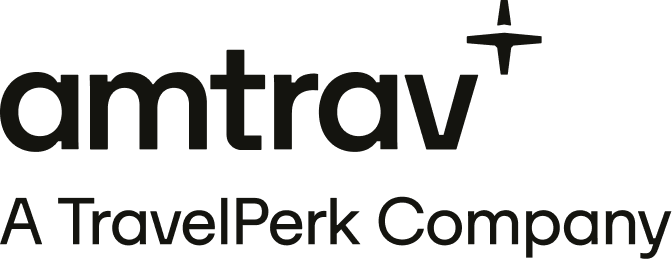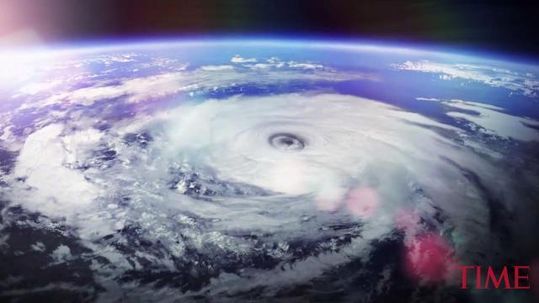In June, NOAA.gov proclaimed this 2017 hurricane season would incur 11 to 17 named storms, which is more than the 30-year average for the Atlantic Basin. As Houston and Florida residents and companies recover from Harvey and Irma (not to mention Jose and Maria), hundreds of business travelers were left stranded with no way to return home, since many corporate travel policies were solution prohibitive, regardless of the situation.
The result of these harsh policies has corporate road warriors feeling leery, to downright anxious, about traveling to destinations where the need for getting out quickly is always a looming possibility – areas that can be stricken by hurricanes, tornadoes, tsunamis, floods, earthquakes and wildfires.
Left unchecked, corporate travel costs are among the highest costs in any company. They will run amok quickly without stringent rules in place. That being said, emergency travel policies need to be restructured with a separate set of rules. For example, there were many stories in the news about how travelers caught in the recent Hurricane Irma couldn’t get flights, or they were so cost prohibitive, they risked their lives remaining behind.
5 Corporate Travel Policies That Need Rethinking
- Approval Processes – In time sensitive-situations, employees don’t have the luxury of waiting on management’s approval to spend money on fast transportation to exit an emergency stricken area. In those situations, corporate travelers need the authority to make an executive decision without repercussion.
- Car Sizes – The majority of travel policies require employees rent a mid-sized car or below. In an emergency situation, employees may be driving more than themselves out of the affected area, so those restrictions need to be waived.
- Price Restrictions – We all heard horror stories about the escalating gasoline, train and airline flight prices for those exiting the affected areas recently. Corporate travelers need the permission to book flights regardless of cost in these situations to return home safely.
- Airline Restrictions – If your travel policy is restricted to flying on one airline, your employees should be granted an exception in emergency situations.
- Corporate Credit Card Limits – In extreme situations, like those stranded in Europe when the sooty air from the volcano grounded all flights for an extended period, credit limits need to be extended seamlessly. Employees shouldn’t be placed in a situation where they’re forced to rely on their own credit limits, which, unbeknownst to their employers, may be maxed out.
AmTrav is proud to be a trusted partner in these situations. We go to extreme lengths to help our clients and travelers in times like these. In the recent hurricanes, we notified our travelers well in advance on the possibilities of delays and canceled flights. This meant less urgent calls and fewer people stranded.
We are notified by the airlines or Flightstats whenever a traveler’s flight is canceled, and we automatically rebook them on the next available flight. We always provide our travelers with the best travel alternatives in challenging and unpredictable situations.
For safe travels, rest assured that AmTrav always has your best interests in mind.
By: Denise D.

Cassie Sclafani





